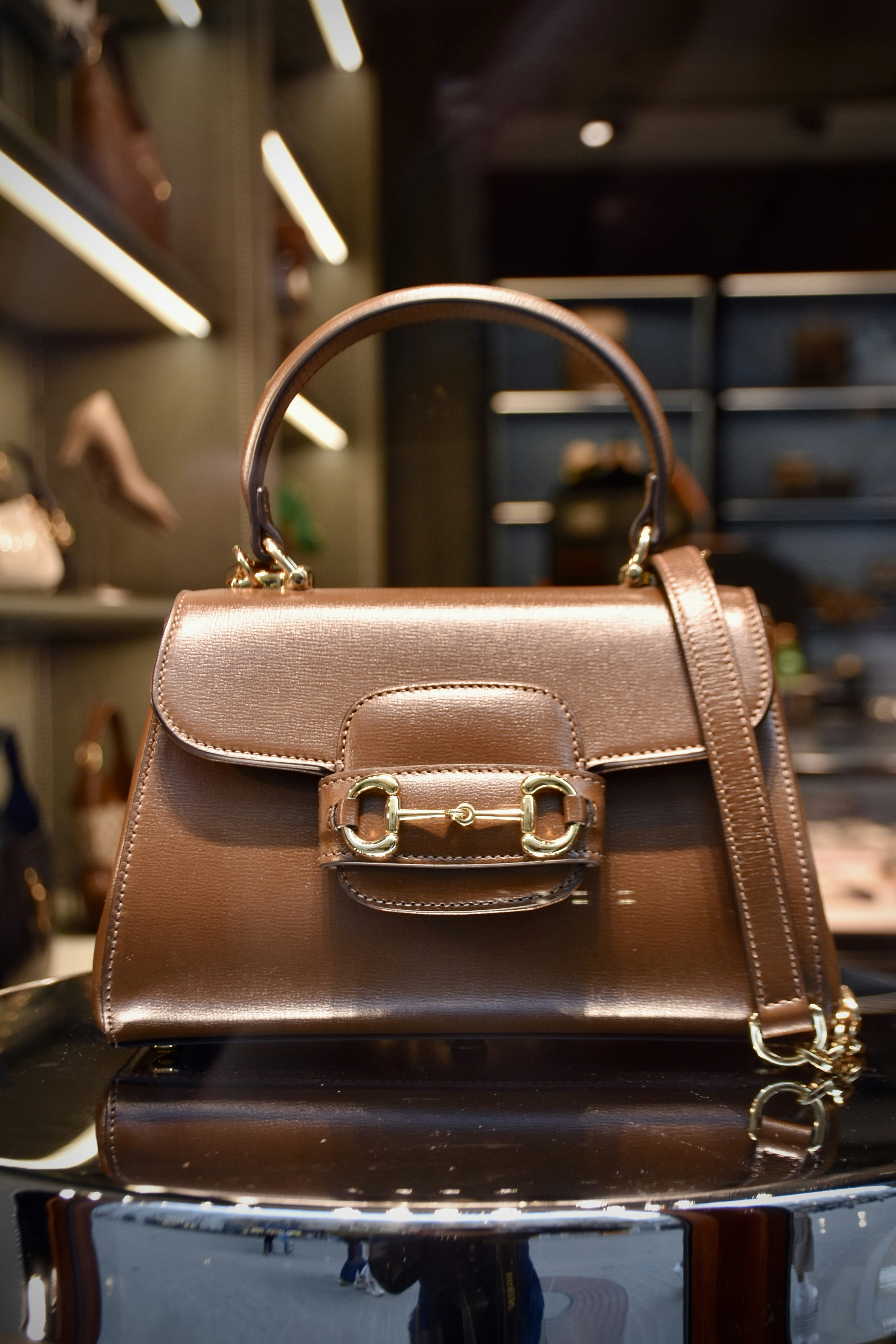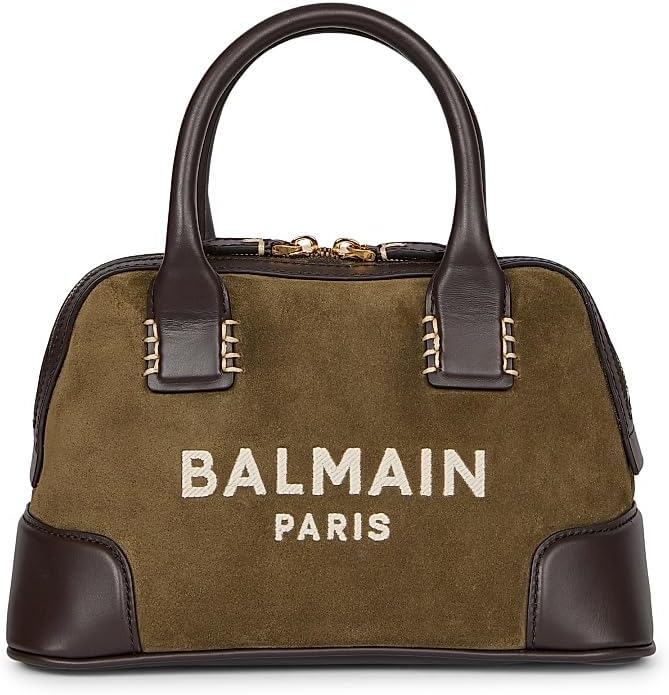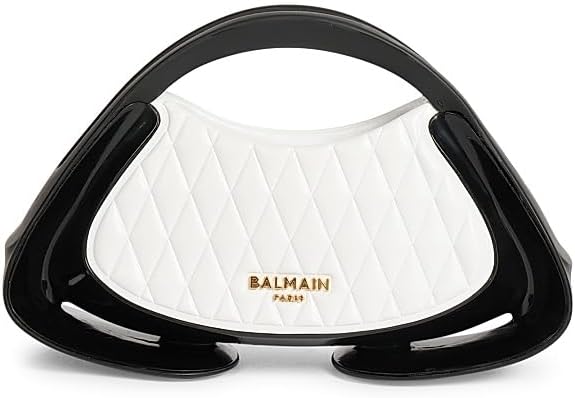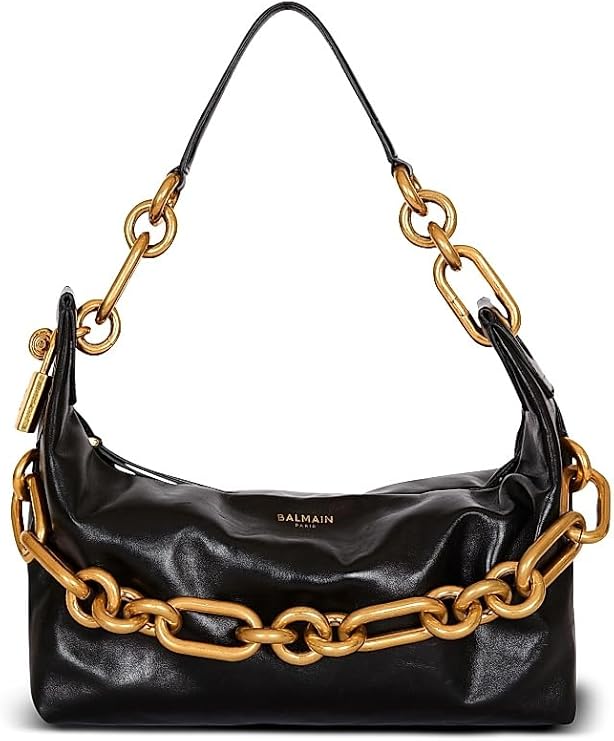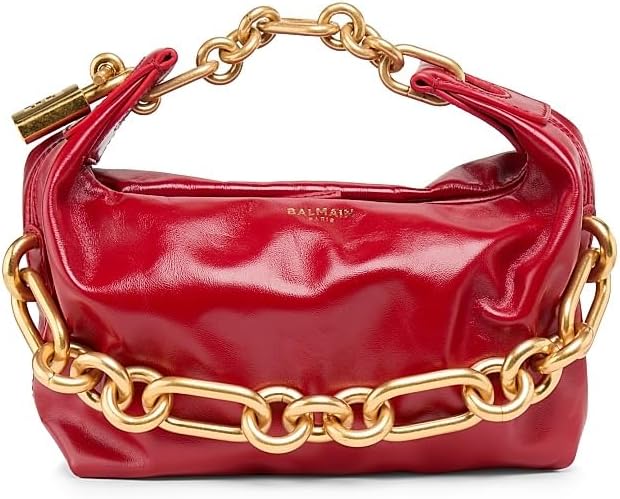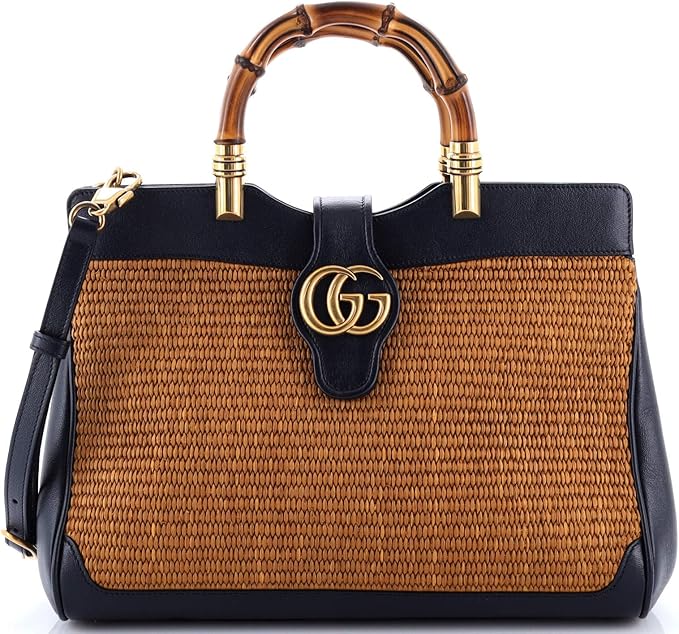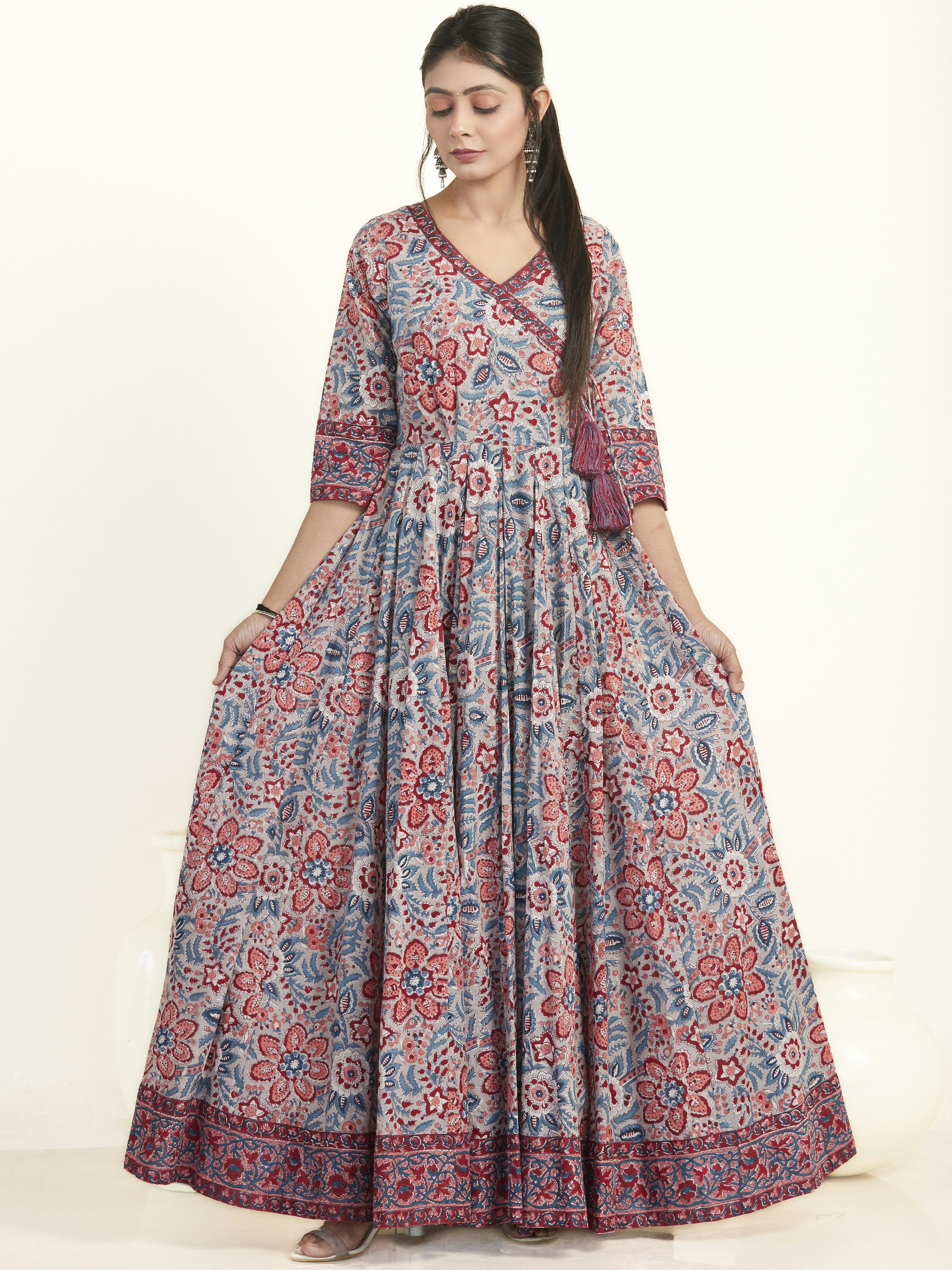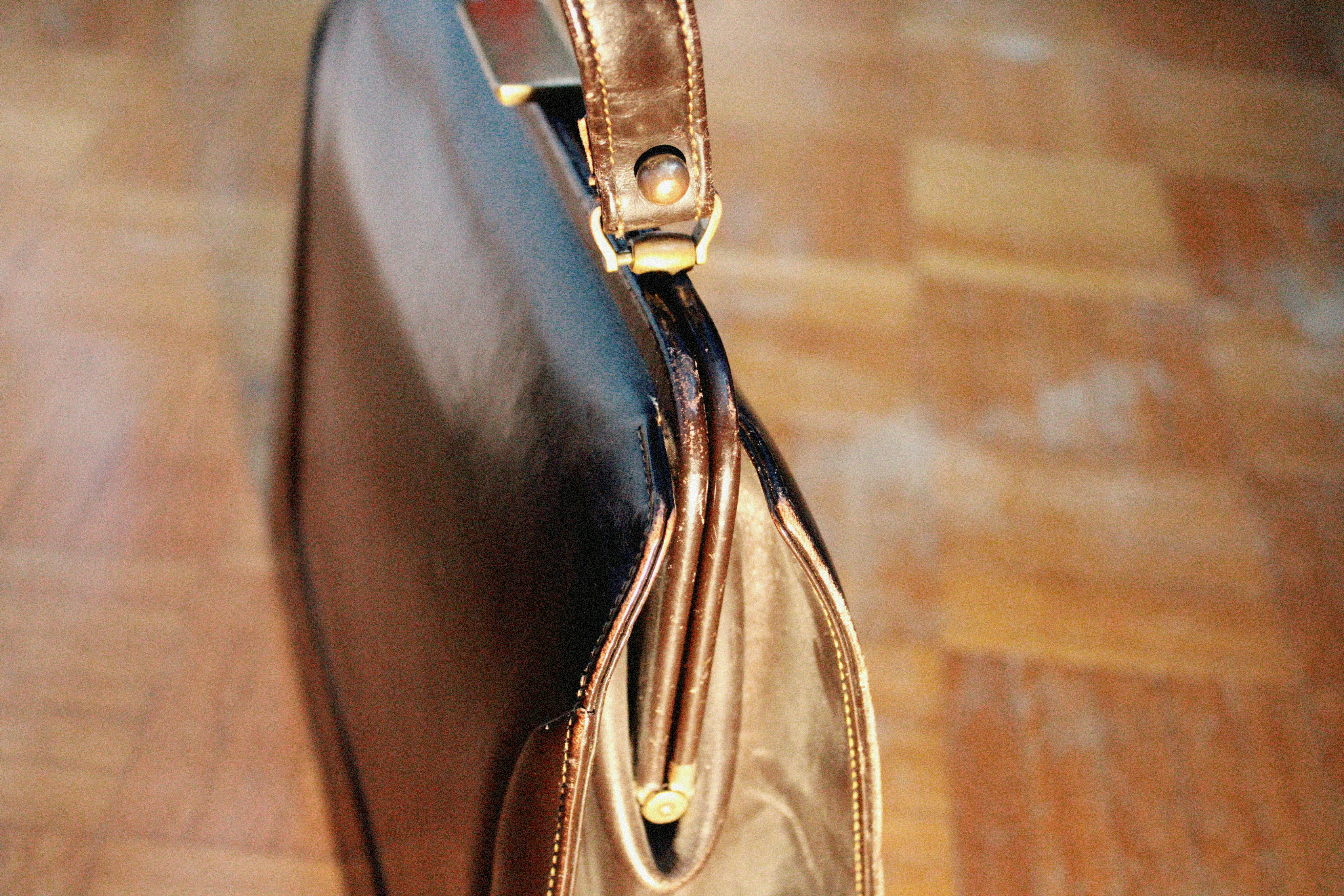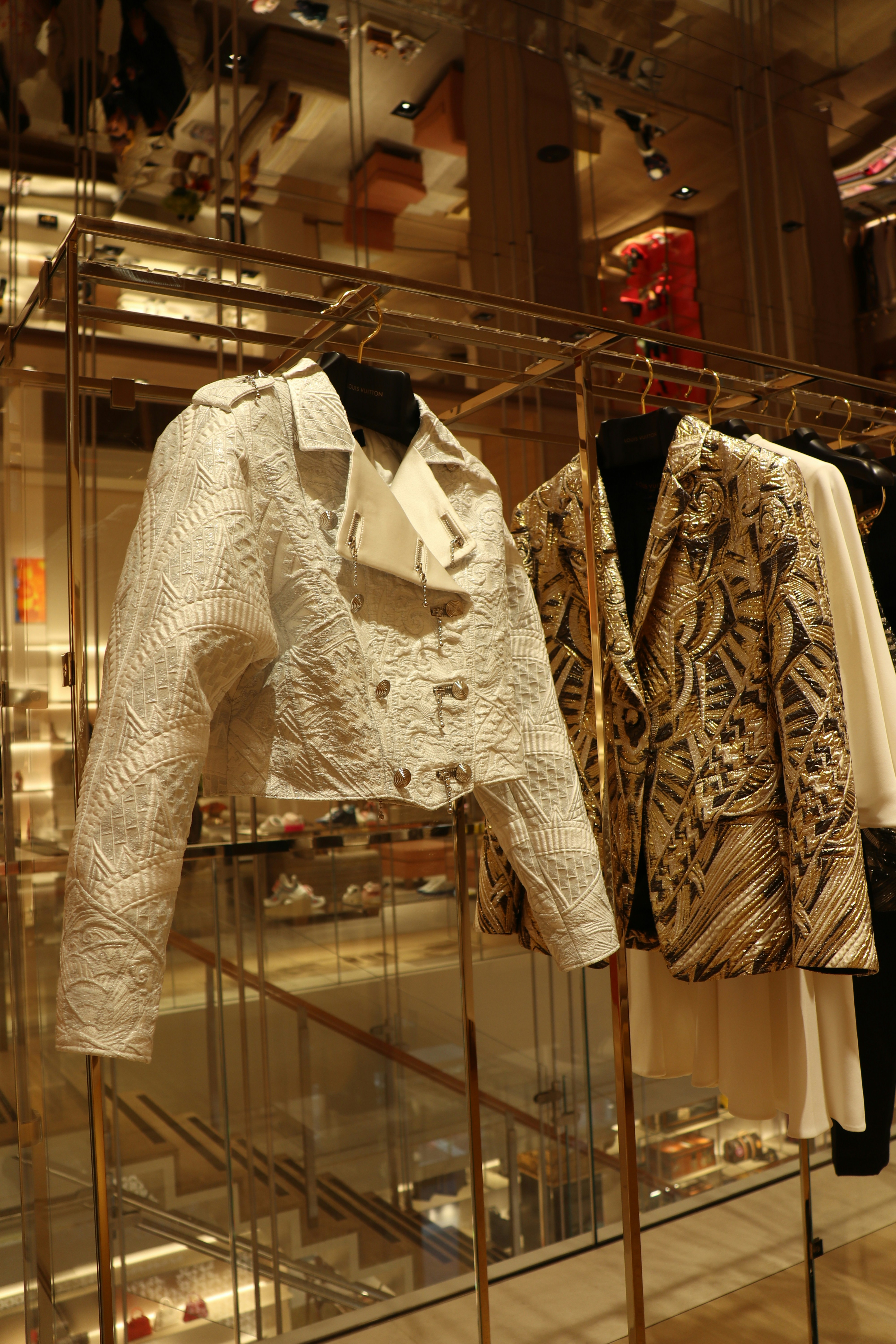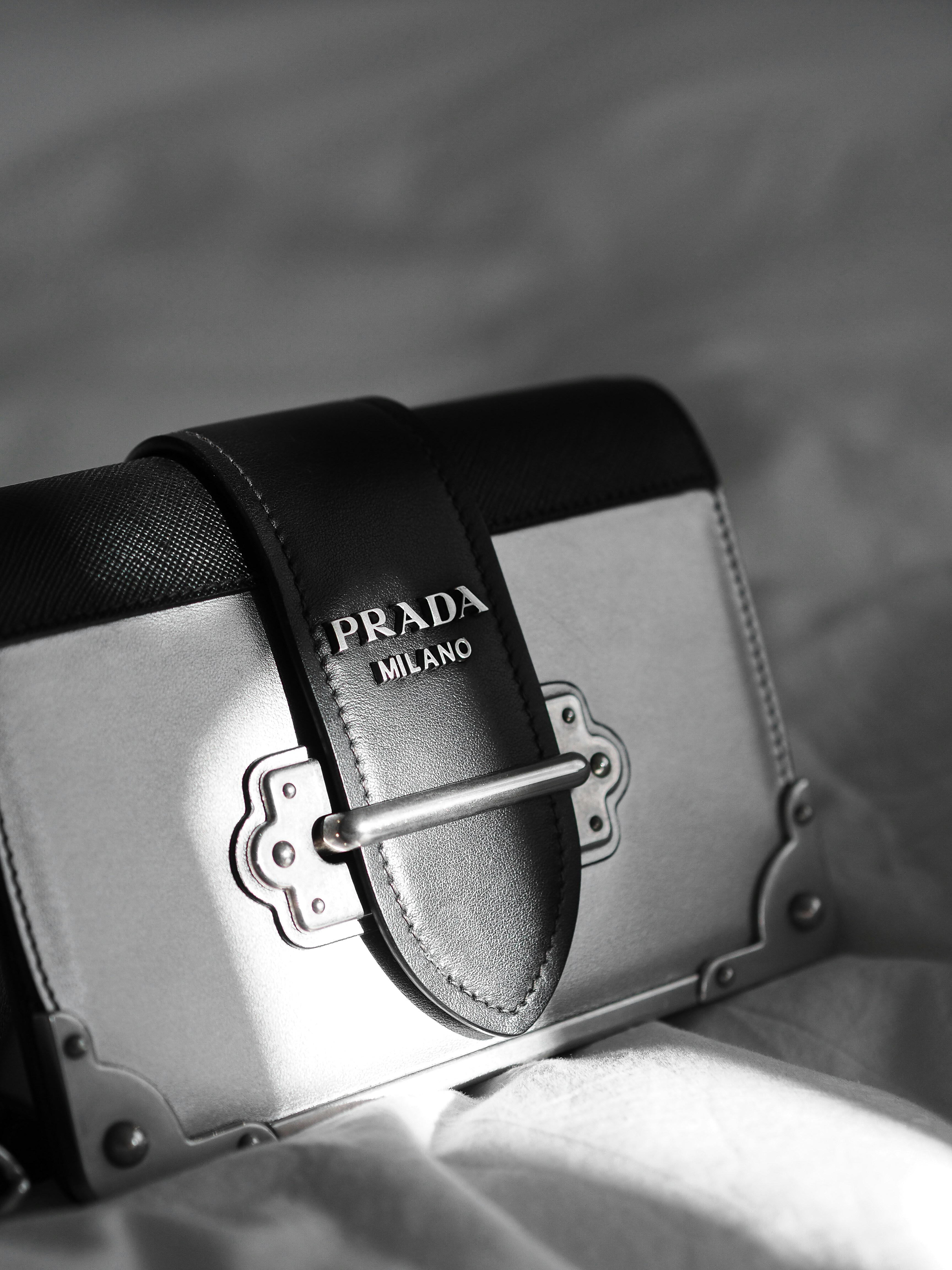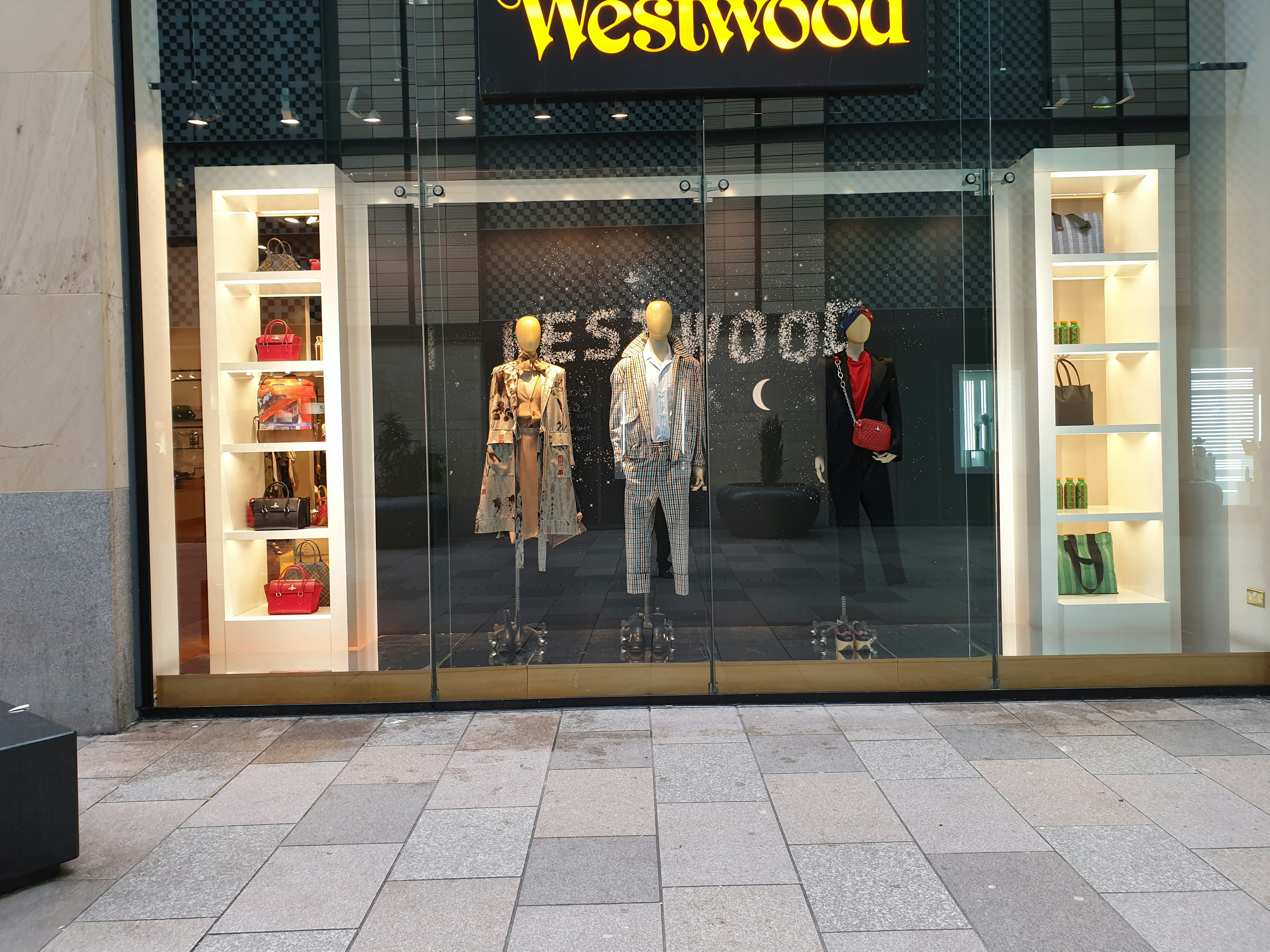The Origins of Michael Kors
The fashion brand Michael Kors was founded in 1981 by the American designer Michael Kors, who sought to create an accessible luxury label that would resonate with a diverse range of consumers. The genesis of this brand can be linked to Kors’s innate understanding of the fashion industry, as he brought a fresh perspective to the concept of luxury by making it available to a broader audience. In an era when high fashion seemed unattainable for many, Kors aimed to democratize luxury, allowing individuals to indulge in stylish, high-quality products without the prohibitive price tags associated with traditional luxury houses.
The early collections of Michael Kors were characterized by their elegant designs that emphasized versatility and wearability. Kors introduced the idea that luxury should not just be for special occasions, but rather an everyday experience. This philosophy enabled consumers to infuse high-fashion elements into their daily wardrobes, ultimately redefining their relationship with luxury items. The designer’s concepts often drew inspiration from a jet-set lifestyle, which subsequently became a hallmark of the brand’s identity. The Jet Set aesthetic was appealing because it embodied a sense of adventure and sophistication, making it highly aspirational yet accessible.
<pas a="" accessible="" accessories,="" affordability="" allowed="" and="" approach="" as="" aspirations="" be="" brand="" brand's="" brand,="" by="" celebrated="" coexisted.="" collections="" consumer="" consumers.="" continues="" decades,="" encapsulated="" established="" everyday="" expanded="" expectations="" fashion.="" grew,="" handbags,="" idea="" in="" include="" inform="" it="" its="" itself="" key="" kors="" legacy="" life.="" lifestyle="" luxury="" luxury.
The Jet-Set Aesthetic: A Signature Style
The concept of the jet-set aesthetic is at the core of Michael Kors’ brand identity, encapsulating a lifestyle that is synonymous with elegance, practicality, and sophistication. This distinctive style is not merely about fashion; it represents a holistic approach to living for the modern traveler. As globalization blurs the lines between cultures and destinations, the designs offered by Michael Kors reflect a versatile elegance that appeals to a diverse audience, all while maintaining a sense of accessibility that resonates with contemporary consumers.
Michael Kors’ design philosophy embraces the idea that luxury should be attainable, and this is illustrated in a range of products that embody the jet-set aesthetic. The collections often feature luxurious materials and meticulous craftsmanship, yet they prioritize functionality, catering to the needs of jet-setting individuals who require both style and practicality in their daily lives. The Selma Bag, for instance, is a quintessential embodiment of this philosophy — it melds high fashion with a utilitarian design, making it an indispensable accessory for those navigating a busy lifestyle.
Moreover, the jet-set lifestyle, as propagated by Michael Kors, encourages aspirational living without imposing unattainable standards. The brand’s marketing strategies consistently highlight scenarios that depict adventure, travel, and exploration, aligning its offerings with the desires of consumers who seek to elevate their everyday experiences. Through narratives built around high-profile endorsements and glamorous travel destinations, Michael Kors successfully crafts a relatable yet aspirational image that consumers can connect with and strive towards. In this way, the jet-set aesthetic not only defines the brand but also reinforces its position within the crowded luxury market as a purveyor of accessible luxury.
The Iconic Selma Bag: A Must-Have Accessory
The Selma Bag stands as one of Michael Kors’ most distinguished offerings, widely recognized for its blend of style, practicality, and approachable luxury. Launched in the early 2010s, this handbag swiftly captivated fashion enthusiasts with its structured silhouette and chic aesthetic. Crafted with high-quality materials, the Selma is available in various sizes, colors, and textures, allowing it to cater to a diverse range of personal styles and occasions.
One of the standout features of the Selma Bag is its versatility. It seamlessly transitions from daytime errands to evening events, making it an essential piece for women seeking both functionality and elegance. Many users praise its spacious interior, designed to hold daily essentials like wallets, smartphones, and makeup without compromising on style. Additionally, the option to choose from an array of vibrant hues provides consumers the freedom to express their individuality while coordinating effortlessly with a range of outfits.
The popularity of the Selma Bag continues to soar, bolstered by endorsements from fashion influencers and style icons. Numerous testimonials highlight how the bag enhances everyday attire, elevating even the simplest looks to a more polished level. Influencers frequently showcase the Selma Bag in their social media posts, featuring it as a staple accessory that completes their outfits, thus reinforcing its reputation as a symbol of accessible luxury.
Over the years, the Selma Bag has evolved with variations in design and functionality, including seasonal colors and limited-edition collections. This adaptability has solidified its place in many wardrobes, proving that the Selma Bag is more than just a handbag; it is a fashion statement that embodies the ethos of Michael Kors—luxury that is within reach for all.
The Future of Michael Kors: Innovation and Sustainability
As the fashion industry evolves, so does the approach of iconic brands like Michael Kors. The future of Michael Kors is poised at the intersection of accessible luxury and innovative sustainability. A noticeable shift in consumer preferences has led to an increasing demand for brands to prioritize ethical practices and sustainable production methods. In response, Michael Kors is undertaking numerous initiatives aimed at enhancing its commitment to these values.
One of the critical areas of focus for Michael Kors is responsible sourcing. The brand has begun to parse through its supply chain, ensuring that materials are not only high-quality but also sustainably derived. This involves partnering with suppliers who adhere to stringent environmental and social standards. By taking these steps, Michael Kors not only strengthens its brand reputation but also aligns itself with the values of the modern consumer, who increasingly rejects fast fashion for more ethical alternatives.
In addition to sourcing, innovation in production methods is another pivotal element of Michael Kors’ future. The brand is exploring new technologies and materials that minimize environmental impact. From using eco-friendly fabrics to adopting energy-efficient manufacturing processes, Michael Kors is setting a precedent for responsible fashion. These initiatives not only enhance the brand’s commitment to sustainability but also ensure that its products evolve to meet the sophisticated expectations of today’s consumers.
Furthermore, transparency in the supply chain is becoming an essential aspect of the fashion industry. Michael Kors is making strides in communicating its practices to consumers, addressing concerns about where and how its products are made. By fostering transparency, the brand reinforces consumer trust and loyalty while sustaining its identity as a leader in accessible luxury.
As we look ahead, it is clear that Michael Kors aims to integrate innovative approaches to meet modern demands, maintaining its essence while being thoughtful about the planet. The brand’s commitment to sustainability promises to shape its trajectory in the fashion landscape, ensuring it remains both relevant and responsible.

